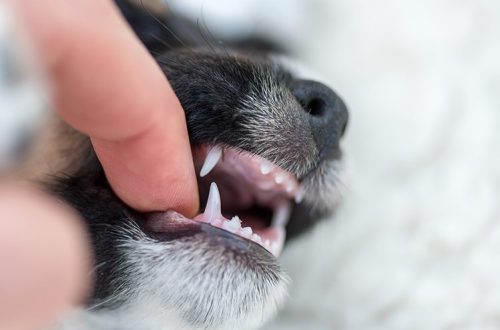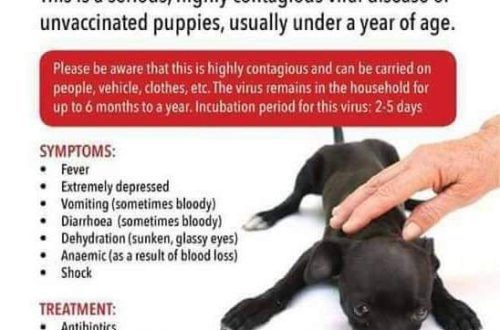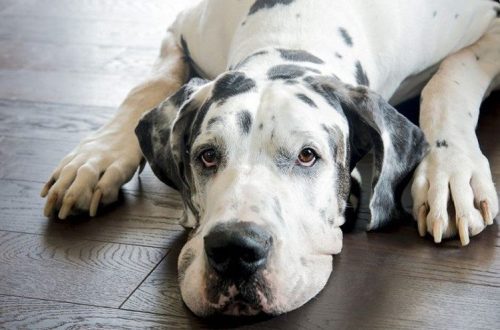
What does a veterinary nutritionist do and how to understand that it is time for a pet to see
Interview with Ekaterina Nigova, a nutritionist, teacher of dietetics courses at the OC KVS. Ahead of the webinarPET IN WINTER: I’m not fat, I’m fluffy! Let’s Diet in the New Year! December 18th.
- Can you please tell us what a veterinary nutritionist does?
— A nutritionist deals with any issues in the field of feeding cats and dogs. It:
making home diets
selection of industrial feed, especially in complex cases and combined pathologies, when simple ways are not suitable,
answers questions and talks about myths – there are a huge number of them in nutrition, and some of them really interfere with a long and healthy life of pets.
This is a specialization in which there is practically no categoricalness – there are a lot of different ways to solve one problem. But also because of this, the amount of contradictory and unreliable information on the Internet and other sources is huge.
- Can a nutritionist be found in all veterinary clinics?
– Not yet. But soon, hopefully, nutritionists will be everywhere. The specialization itself is young, but actively gaining popularity. Almost every first owner sooner or later asks the question of how best to feed their pet.
- When should you contact a nutritionist?
When to check if the home diet is balanced. If it is composed intuitively, it most often contains deficiencies or excesses of various nutrients.
When a pet has diseases that can be corrected with a diet – problems with the gastrointestinal tract, chronic kidney disease, liver pathology, diabetes. Even with some neurological problems, you can make additions to your regular diet.
When it is necessary to reduce weight, especially in combination with any existing diseases.
For puppies, a nutritionist can draw up a growth schedule; for kittens, they can recommend offering food of different textures so that later there are no problems with increased selectivity in food.
- What are the first signs in the state of the pet indicate that the diet is chosen incorrectly?
– If we are talking about a healthy pet, this is weight gain or loss and deterioration of the coat, in the first place. All other problems, especially those of the gastrointestinal tract (diarrhea, flatulence, and so on) require first contacting a therapist or gastroenterologist, and only then, with a diagnosis, you can also see a nutritionist.
- What are the most common complaints you receive?
– I specially calculated the statistics on admissions for the last 2 weeks: more than half with chronic gastrointestinal problems. Usually unstable stools, flatulence, less often recurrent vomiting, and in connection with all this, a suspicion of food hypersensitivity (allergy, roughly speaking).
A little less often, they are treated with suspicion of an allergy, but already manifested by the skin or coat (itching, redness, baldness).
There are quite a lot of pets who need to lose weight, puppies who need to ensure smooth growth – this is already a consequence of close work with the rehabilitation department.
- Does the number of calls increase during the New Year holidays? Why?
– To a nutritionist – no, it does not increase. But to the doctors of the hospital due to dietary violations, including – unfortunately, yes. Yet many of these disorders can lead to the need for hospitalization and emergency treatment. You can also visit a nutritionist later, when the pet feels good.
- Please tell us about the most difficult (memorable) case from your practice?
– This can be said about many pets with suspected food allergies. When we carefully select a diet based on some rare type of protein (rabbit, horsemeat), a stable period begins for 2-3 months, then we have to look for an even rarer protein (nutria, ostrich), again a period of calm. And if it is still combined with other pathologies, for example, kidney disease (and then we can’t have high protein levels) or pancreatitis (and we need to choose not just rare meat, but very low fat) – everything becomes very difficult. Or these are patients who already eat half the calories for their ideal weight, but do not lose weight, and they need to come up with a diet practically from air and sunlight.
- What are your top feeding tips for pet owners?
– Make sure that:
pet’s diet is complete. If it is a homemade diet, it should be reviewed by a nutritionist or tailored to the pet’s needs for all essential nutrients (minerals, vitamins, essential fatty acids, and so on). If this is an industrial feed, it must correspond to the type and age of the pet. Cat food is not suitable for dogs, puppies and kittens – food for adult animals. Make sure your pet eats the portion recommended by the manufacturer;
the pet is in perfect condition;
the pet is active, with a beautiful shiny coat.
It should be convenient for you to feed the chosen diet, it should not cause discomfort. If all the points are met, this is the best thing that can be done in terms of feeding a pet!
We are waiting for you on ours!






